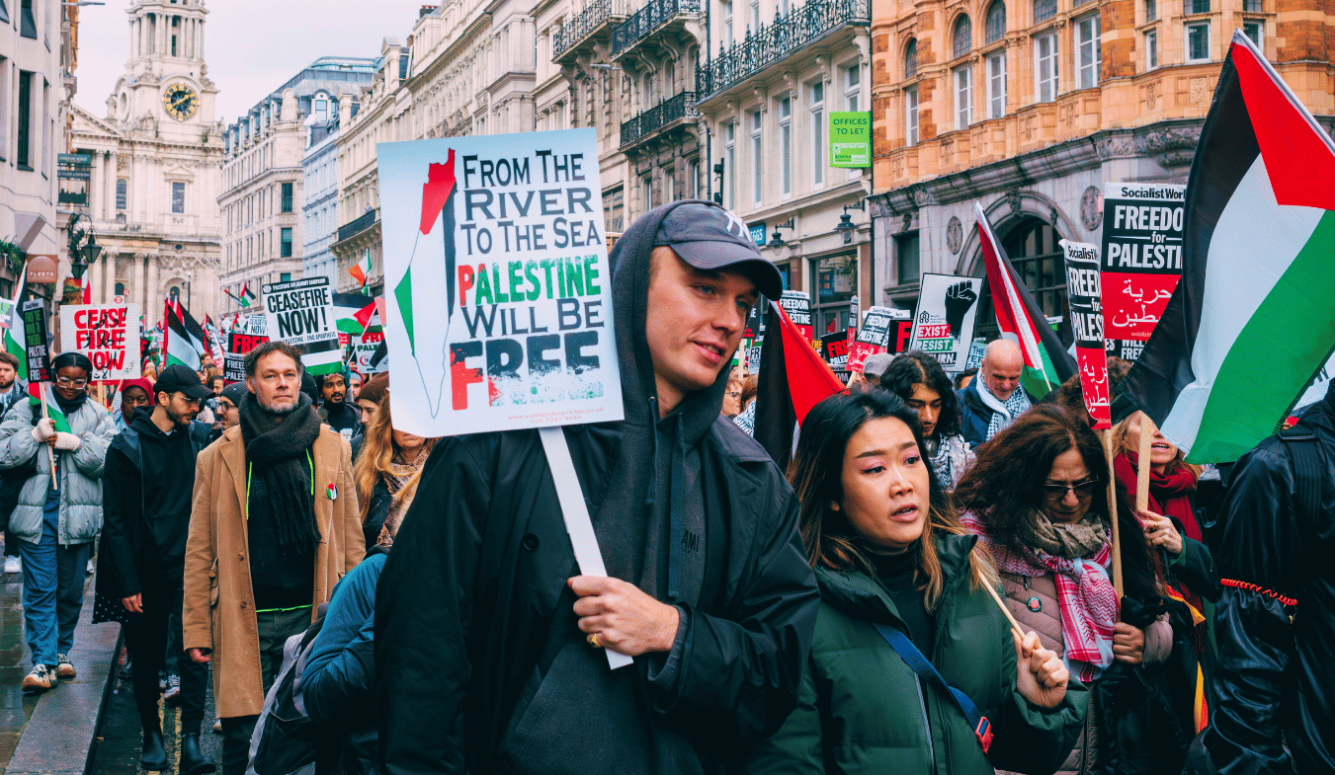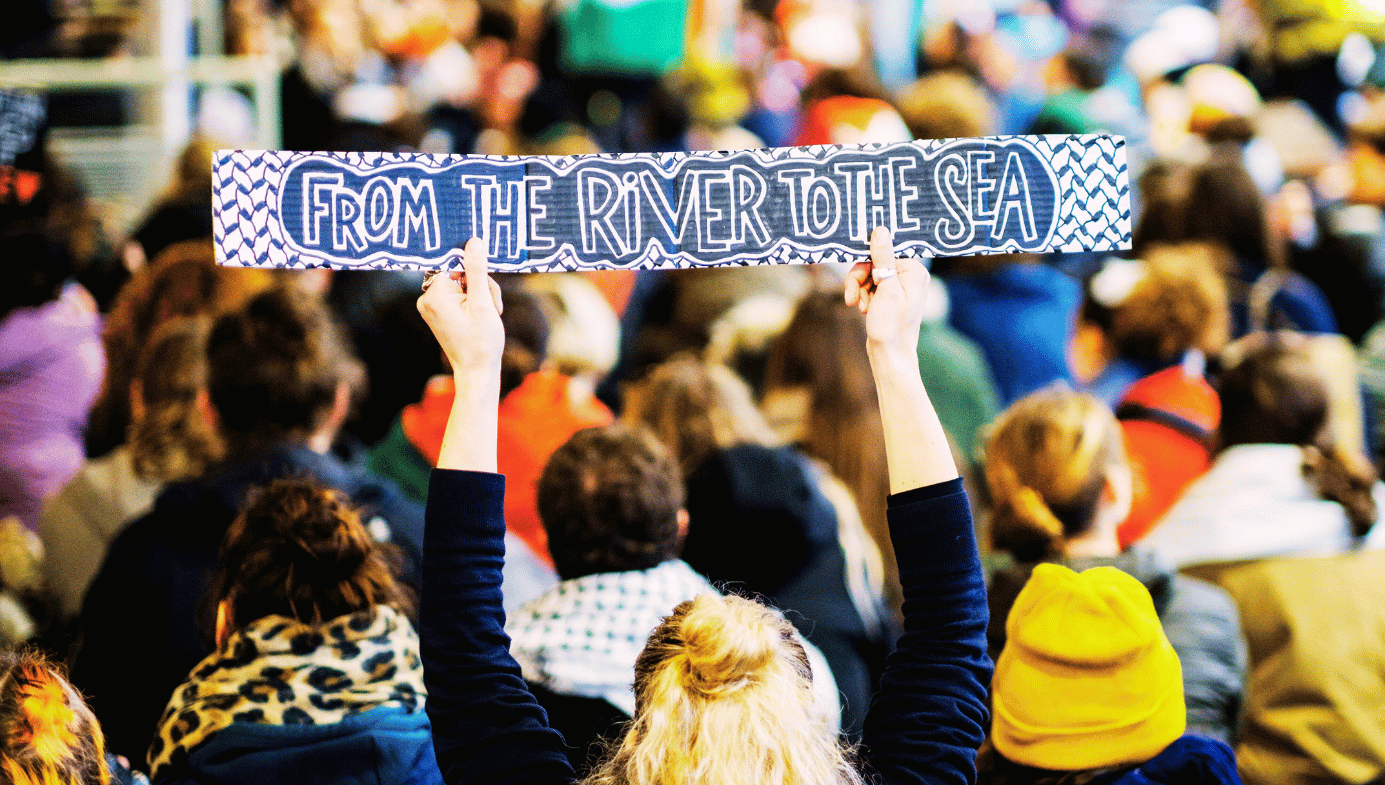Israel
Replacing Israel with Palestine: A Dangerous Delusion
The only plausible way forward for Palestinians is a commitment to peaceful coexistence alongside Israel.

As a child, I used to stare up at a colourful poster on my bedroom wall, a tiled mural of dioramas, in my Palestinian father’s house. “Kuwaitis have Kuwait,” it said, alongside a picture of a Kuwaiti family standing in the sun beside a mosque. “Brazilians have Brazil,” it continued, showing a Brazilian lady in a pink dress dancing under a vibrant sunset. Each square on the poster told a similar tale—of a nation and its people, depicted in harmonious co-existence, within their homeland—“Americans have the United States,” “the French have France,” “Papua New Guineans have Papua New Guinea.” The poster culminated with “Palestinians don't have Palestine,” accompanied by an illustration of a young Palestinian girl, her expression a blend of hope and confusion, holding up a drawing of what one assumes is her vision of a Palestinian homeland, with the Dome of the Rock, the golden-topped shrine built on top of the Temple Mount in Jerusalem, at its heart.
I dreamed, back in those heady and halcyon days, that when I grew up there would be a Palestinian state, and I assumed that this would be part of a two-state solution. Witnessing the successive handshakes between Yasser Arafat and Yitzhak Rabin, Shimon Peres, and Ehud Barak, that future state felt almost tangible. It felt as if we were only one or two rounds of negotiations away from an agreement that would lead to the establishment of such a polity. But of course, there is no such thing today. The possibility of a two-state solution—once accepted as a goal by the leadership of both Israel and the PLO—has nosedived. Negotiations collapsed in the wake of the Second Intifada, and the takeover of Gaza by Hamas, who are at present by far the most popular Palestinian political party, according to opinion polls. Hamas, of course, favours a Palestinian state on all the land from the river to the sea.
A gnawing sense of dispossession remains at the core of Palestinian identity politics, and the ideology of anti-Zionism that is spreading among Western leftists on college campuses like Columbia and UCLA. It also characterises today’s street protests, where the slogan advocating a Palestinian state “from the river to the sea” is one of the most common chants. The belief is that all the land rightfully belongs to the Palestinians. The aim is to replace Israel with Palestine.

This is a dead end. What has always mattered to me and what I have always hoped for has been to have a country with a good economy, international travel, material progress, and democratic governance. These are things that can be achieved as part of a two-state solution, but absolutely cannot be gained through endless, unwinnable guerrilla warfare against a nuclear-armed regional superpower. All that will result from such a conflict is more death and misery for people on both sides, but predominantly for Palestinians, who suffer far more death and destruction than their technologically advanced foes. The only plausible way forward is a commitment to peace and coexistence alongside Israel, rather than trying to replace Israel.






